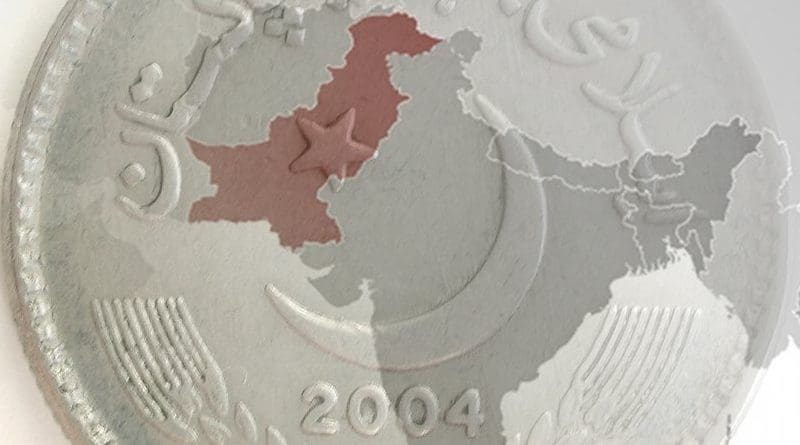Policy Innovation For Economic Resurgence In Pakistan – OpEd
By Muhammad Arsalan Jamal Ghuri
Pakistan stands at a critical juncture in its economic history, facing a confluence of challenges and opportunities that demand bold, innovative policy responses. From a burgeoning youth population to geopolitical complexities and the impacts of climate change, the stakes are high. The need for policy innovation has never been more pressing to catalyze economic resurgence and pave the way for sustainable development. This article explores the potential avenues for policy innovation in Pakistan and their implications for economic revitalization.
The Economic Landscape of Pakistan
Pakistan’s economy has shown resilience amid challenges, but it continues to grapple with structural issues that hinder its growth potential. Persistent energy shortages, a cumbersome tax system, low levels of foreign direct investment, and high levels of unemployment are among the key challenges that the country faces. Moreover, the COVID-19 pandemic has further exacerbated these challenges, highlighting the vulnerabilities in the economy and the need for robust policy responses.
Harnessing Technology and Digital Transformation
One of the most promising avenues for policy innovation in Pakistan lies in harnessing the power of technology and promoting digital transformation. With a rapidly growing youth population and increasing internet penetration, there is immense potential to leverage technology to drive economic growth, foster innovation, and enhance productivity.
Investments in digital infrastructure, such as broadband connectivity and digital payment systems, can create new opportunities for businesses, facilitate access to essential services, and promote financial inclusion. Moreover, promoting digital literacy and skills development can equip the workforce with the skills needed to thrive in the digital economy.
Promoting Sustainable and Inclusive Growth
While economic growth is essential, it must be coupled with sustainability and inclusivity to ensure that the benefits of growth are shared equitably across society. Pakistan’s economy is highly vulnerable to the impacts of climate change, with agriculture being a key sector that is at risk. Therefore, policies aimed at promoting sustainable agriculture practices, investing in renewable energy, and addressing environmental degradation are crucial for long-term economic resilience.
Furthermore, addressing the high levels of inequality and poverty in Pakistan requires targeted policies that focus on social protection, education, and healthcare. Universal access to quality education and healthcare can not only improve the well-being of the population but also enhance productivity and contribute to long-term economic growth.
Fostering Innovation and Entrepreneurship
Innovation and entrepreneurship are the engines of economic growth and job creation. Pakistan has a vibrant entrepreneurial ecosystem with a growing number of startups and young innovators. However, the ecosystem faces challenges such as access to finance, regulatory hurdles, and limited market access.
Policymakers can play a pivotal role in fostering a conducive environment for innovation and entrepreneurship by providing targeted support to startups, simplifying regulatory frameworks, and promoting public-private partnerships. Moreover, investments in research and development and collaboration between universities, research institutions, and the private sector can stimulate innovation and drive economic growth.
Improving Governance and Institutional Capacity
Effective governance and strong institutions are fundamental to creating an enabling environment for economic growth and development. Pakistan has made strides in improving governance and transparency in recent years, but there is still room for improvement.
Reforming public institutions, enhancing transparency and accountability, and strengthening the rule of law can improve the business environment, attract foreign investment, and foster economic growth. Moreover, building the capacity of government institutions and promoting evidence-based policymaking can enhance the effectiveness and impact of policies aimed at economic resurgence.
In conclusion, Pakistan stands at a crossroads, facing both challenges and opportunities that require innovative policy responses. By harnessing the power of technology, promoting sustainable and inclusive growth, fostering innovation and entrepreneurship, and improving governance and institutional capacity, policymakers can catalyze economic resurgence and pave the way for a prosperous future.
The time for policy innovation in Pakistan is now. Bold, forward-thinking policies that address the root causes of economic challenges and leverage the country’s strengths and potential can unlock new avenues for growth, create new opportunities for prosperity, and build a resilient and inclusive economy for all Pakistanis.

